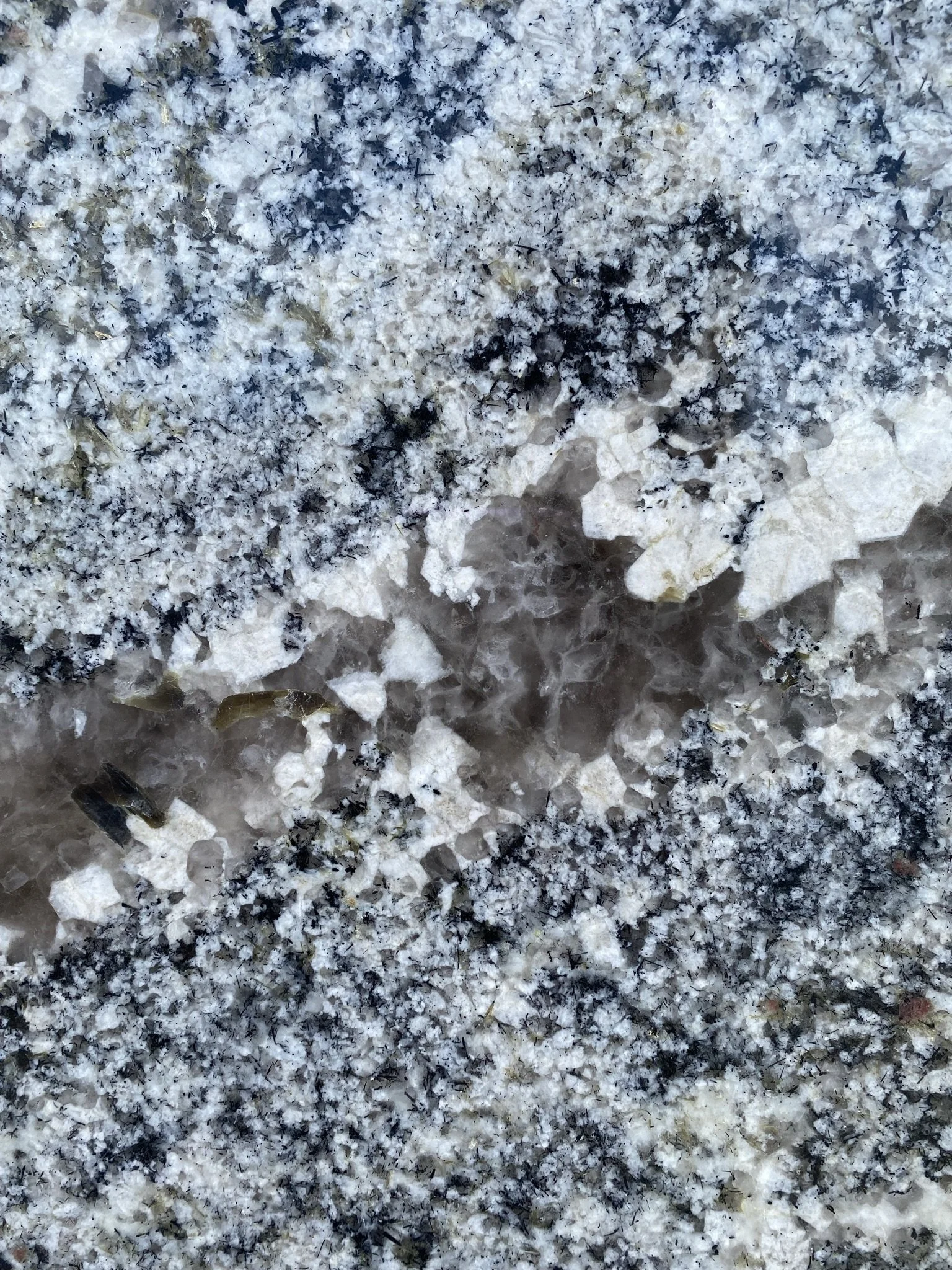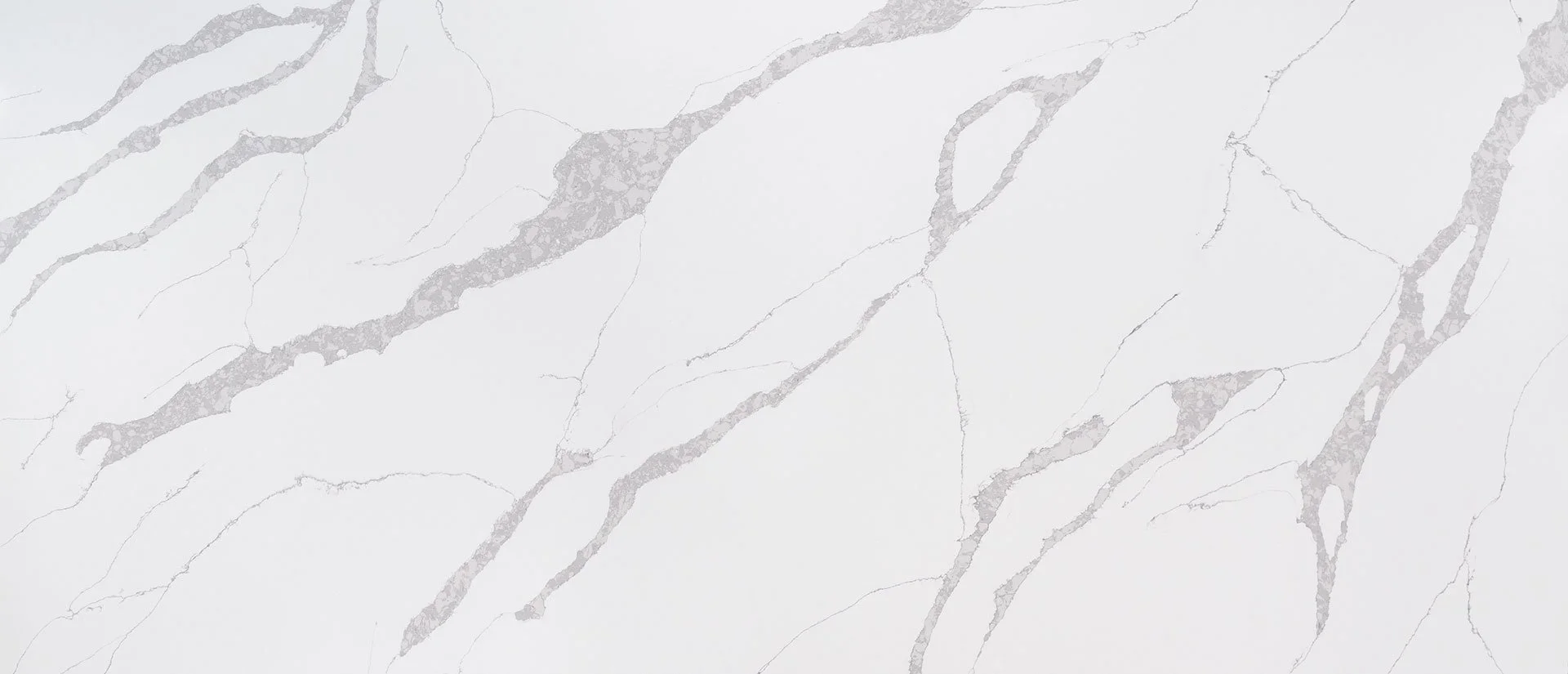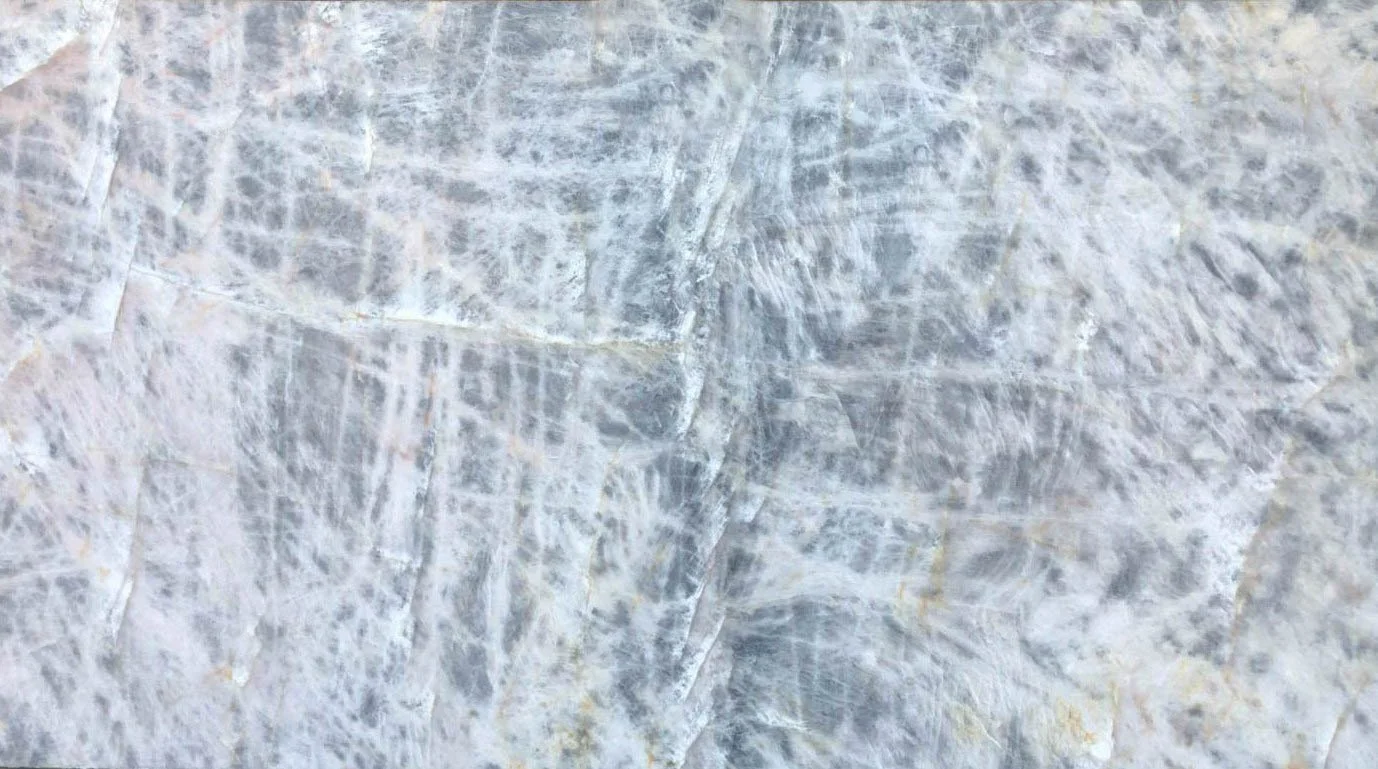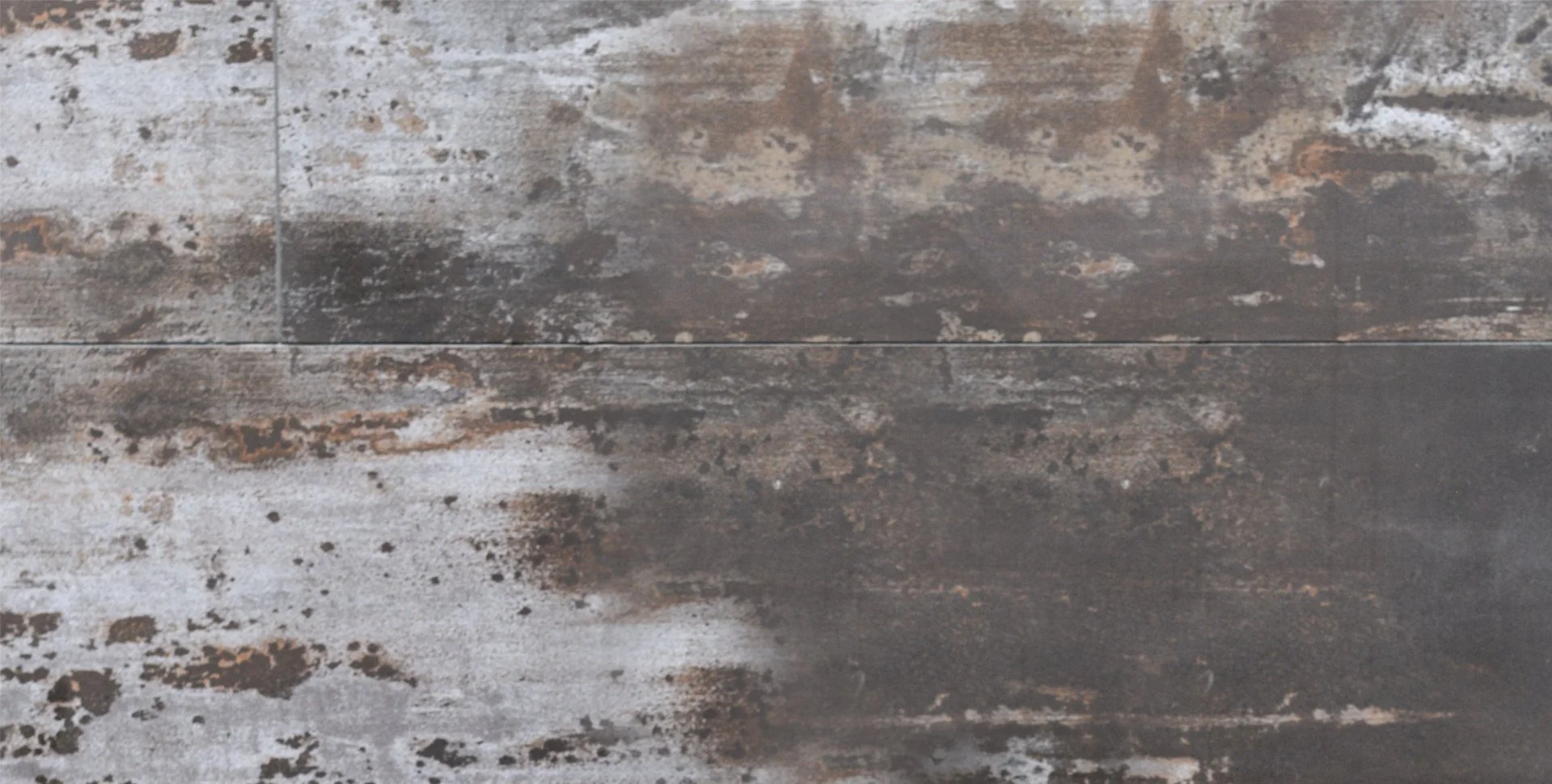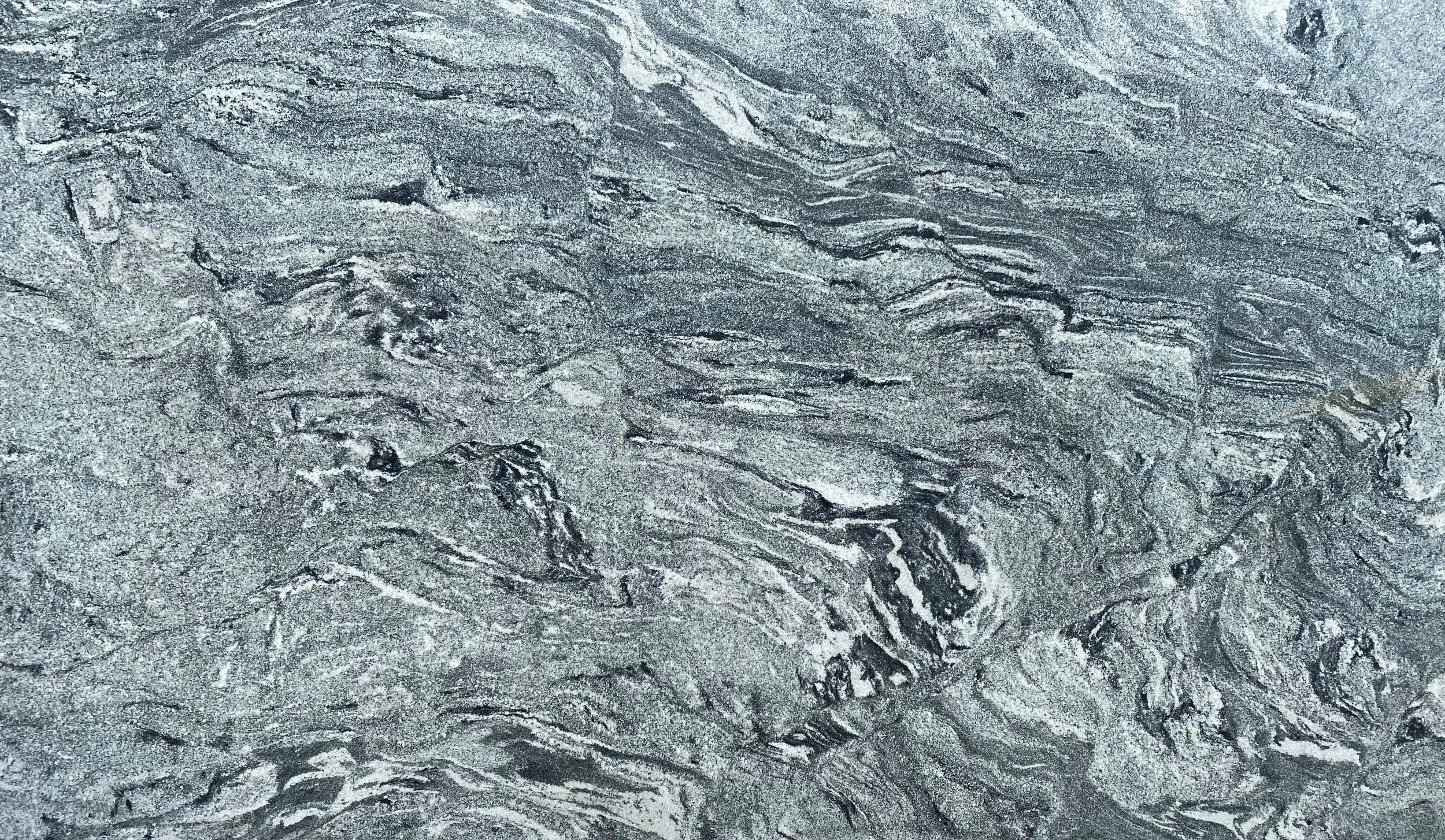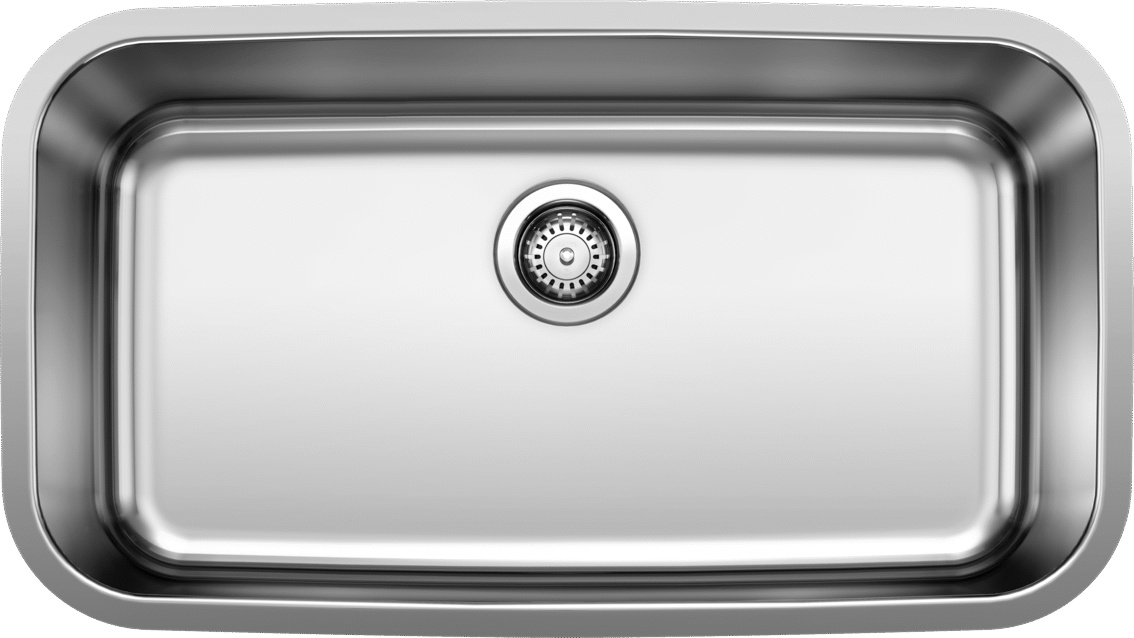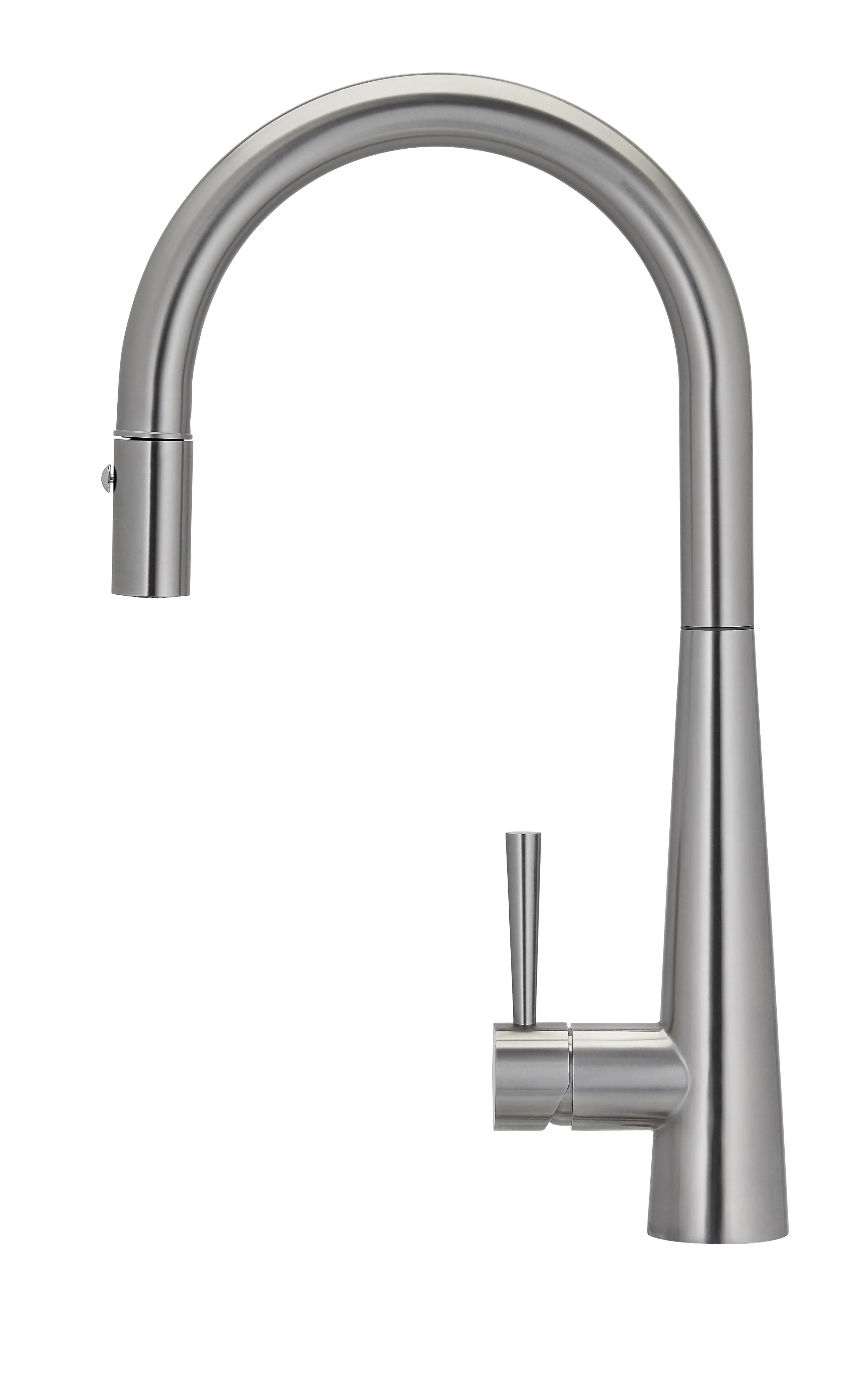Our materials
Our goal is to educate you on the different types of materials we offer including what they’re made of, how to care for them, and how to best make use of them so that you can feel as confident in your material selection as we do. That’s the Capital Difference.
Granite
-
Natural stone
Low maintenance and easy to clean
Highly heat and scratch-resistant
Indoor/outdoor applications
-
Kitchens
Bathrooms
Bars
Flooring
Fireplaces
Outdoor areas
Other heavily used surfaces
-
Granite is a naturally occurring igneous rock consisting mainly of quartz, mica, and feldspar. Raw granite blocks are mined from quarries, cut into slabs, and finished for installation.
-
Granite slabs typically feature beautiful flecks and/or veins of color ranging from neutral creams, whites, blacks, and silvers to more vivid shades of red, green, gold, blue, and rust.
Patterns can vary in consistency and color as each slab of natural stone is unique and unpredictable. Imperfections and striations are normal and to be expected.
-
Granite is highly heat, acid, and scratch resistant making it low maintenance and an extremely durable material selection.
While heat will not damage granite, we recommend using hot pads or trivets when setting hot items on granite surfaces. Also, be sure to use cutting boards – cutting directly on granite will dull your knives.
Capital Granite triple seals natural stone before installation, and we recommend resealing all natural stones at some point, although frequency can vary between materials. Most granites can go several years without needing to be re-sealed. See “The Water Test” on this page for how to tell if your natural stone needs resealing.
-
Natural stone is porous and susceptible to discoloration from liquids – spills should be cleaned up quickly to avoid stains. Blot spills as opposed to wiping them, and always use coasters to avoid rings and water spots.
Use a mild soap (i.e. dishwashing liquid) and a damp cloth/sponge for routine cleanups. Avoid abrasive cleaners and harsh chemicals.
We recommend More Stone & Quartz Cleaner + Protector for daily cleaning and Capital Granite 3-in-1 Spray Wax for monthly cleaning.
Quartz
-
Engineered surface
Low maintenance
Highly scratch resistant
Susceptible to high heat
Indoor applications
-
Kitchens
Bathrooms
Bars
Some fireplace surrounds
Other heavily used surfaces
-
Quartz is a man-made material comprised of crushed-up natural stone that is bonded together by plastic resins, formed into slabs, and finished for installation.
-
Pigments are added during the manufacturing process meaning quartz comes in a wide range of colors and patterns. Many quartz designs mimic the look of natural stone and concrete.
-
Engineered quartz is highly scratch and acid resistant with normal daily use, making it a low-maintenance and durable material selection, but it is not impervious to damage caused by chemicals, dyes, and abrasive particles.
Quartz is susceptible to high heat due to the plastic resins used in the production process, and the level of heat resistance depends on the manufacturer. Placing hot items on quartz surfaces can scorch the resins resulting in burn marks, discoloration, and/or cracking. Always use hot pads or trivets when setting hot items on quartz countertops, and use cutting boards to avoid direct contact between knife and countertop.
Because quartz has low porosity, it does not require resealing.
-
Quartz has very low porosity so liquids will not absorb into the surface as with a natural stone, however, spills should still be cleaned up promptly. Always use coasters to avoid rings and water spots.
Use a mild soap (i.e., dishwashing liquid) and a damp cloth/sponge for routine clean-ups. Avoid abrasive cleansers and harsh chemicals.
We recommend More Stone & Quartz Cleaner + Protector for daily cleaning.
-
quartzite
-
Natural stone
May require regular maintenance
Highly heat and scratch-resistant
Indoor/outdoor applications
-
Kitchens
Bathrooms
Bars
Floors
Fireplaces
Outdoor areas
Other heavily used surfaces
-
Quartzite is a naturally occurring metamorphic rock formed from sandstone. Raw quartzite blocks are mined from quarries, cut into slabs, and finished for installation.
-
Quartzite typically has a fine-grained, soft, and luxurious appearance, like marble. It is available in an array of primarily neutral colors although some variations can feature more vivid shades.
Patterns can vary in consistency and color as each slab of natural stone is unique and unpredictable. Imperfections and striations are normal and to be expected.
-
Quartzite is highly heat, acid, and scratch resistant, however, hardness, durability, and maintenance level can vary between stones.
We recommend using hot pads or trivets when setting hot items on quartzite surfaces and using cutting boards to avoid direct contact between knife and countertop.
Capital Granite triple seals natural stone before installation, and we recommend resealing all natural stones at some point, although frequency can vary between materials. See “The Water Test” on this page for how to tell if your natural stone needs resealing.
-
Natural stone is porous and susceptible to discoloration from liquids – spills should be cleaned up quickly to avoid stains. Blot spills as opposed to wiping them, and always use coasters to avoid rings and water spots.
Use a mild soap (i.e. dishwashing liquid) and a damp cloth/sponge for routine cleanups. Avoid abrasive cleaners and harsh chemicals.
We recommend More Stone & Quartz Cleaner + Protector for daily cleaning and Capital Granite 3-in-1 Spray Wax for monthly cleaning.
marble
-
Natural stone
May require regular maintenance
Heat Resistant
Susceptible to acids and etching
Indoor applications
-
Tub decks
Showers
Windowsills
Fireplace surrounds
Vanity tops
Marble is a very soft, porous material and requires more maintenance than other stones when installed in heavily used spaces. Please contact us for specific steps you can take to properly preserve your marble surfaces.
-
Marble is a naturally occurring metamorphic rock consisting mostly of recrystallized calcite, dolomite, or serpentine. Raw marble blocks are mined from quarries, cut into slabs, and finished for installation.
-
Marble has a classic, elegant appearance with veining patterns ranging from soft and delicate to bold and dramatic. While white is predominant in most marbles, it comes in a variety of other colors as well.
Patterns can vary in consistency and color as each slab of natural stone is unique and unpredictable. Imperfections and striations are normal and to be expected.
-
Marble is heat resistant, however, it is the softest and most porous material selection. It can be easily scratched by kitchen utensils and etched or stained by household acids (lemon juice, tomato juice, vinegar, etc.).
We recommend using hot pads or trivets when setting hot items on marble surfaces and using cutting boards to avoid direct contact between knife and countertop.
Capital Granite triple seals natural stones before installation, and we recommend resealing all natural stones at some point. Marble typically requires frequent resealing due to its high porosity, however, sealers will only reduce porosity, not eliminate the vulnerability of marble. See “The Water Test” on this page for how to tell if your natural stone needs resealing.
-
Marble is the softest and most porous material selection with a tendency to absorb spills making it highly susceptible to discoloration from liquids – spills should be cleaned up quickly to avoid stains. Blot spills as opposed to wiping them, and always use coasters to avoid rings and water spots.
Use a mild soap (i.e. dishwashing liquid) and a damp cloth/sponge for routine cleanups. Avoid abrasive cleaners and harsh chemicals.
We recommend More Stone & Quartz Cleaner + Protector for daily cleaning and Capital Granite 3-in-1 Spray Wax for monthly cleaning.
Porcelain
-
Engineered surface
Low maintenance and easy to clean
Highly heat, scratch, and stain resistant
Indoor/outdoor applications
-
Kitchens
Bathrooms
Bars
Backsplashes
Flooring
Wall cladding
Other heavily used surfaces
-
Porcelain is a man-made material comprised mostly of mineral clays that are pulverized, molded into slabs, and baked at very high temperatures to achieve a variety of finishes.
-
Patterns and textures are digitally printed onto porcelain slabs using various enamels meaning porcelain comes in a wide range of options. Porcelain countertops can mimic the look of natural stone, wood, concrete, and more.
-
Porcelain is highly heat, acid, scratch, and stain resistant with normal daily use making it low maintenance and an extremely durable material selection.
We recommend using hot pads or trivets when setting hot items on porcelain surfaces and using cutting boards to avoid direct contact between knife and countertop, particularly ceramic knives.
-
Porcelain has very low porosity so liquids are not likely to absorb into the surface as with a natural stone, however, spills should still be cleaned up promptly. Always use coasters to avoid rings and water spots.
Use a mild soap (i.e., dishwashing liquid) and a microfiber cloth or soft sponge for routine clean-ups. Avoid abrasive cleansers and harsh chemicals.
We recommend More Stone & Quartz Cleaner + Protector for daily cleaning. Zep, glass cleaner, or one part vinegar to ten parts water can also be used for regular cleaning.*
*See manufacturer guidelines on cleaning and maintenance for brand specific recommendations.
-
Single Slabs
-
Single slabs are the last remaining slab in their bundle, meaning they don’t have any ‘matches’ left in our slab yard. Many jobs require multiple slabs from the same bundle, so single slabs are great for kitchen islands (that don’t need to match the perimeter), and small jobs, like bathroom vanities or tabletops.
The Water Test
How to tell if Your Natural Stone Countertops Need Resealing
Resealing frequency can vary greatly between materials. Natural stone can go anywhere from 3-10 years (or longer) without needing a reseal, whereas most quartz products never need to be resealed.
Generally speaking, an easy way to determine if your sealer is performing would be to apply a drop of water at least 1-inch in diameter to the top of the stone and let it sit for 10-15 minutes. Cover the area with a glass to inhibit evaporation. Wipe away water with a dry cloth. If there is rapid absorption and a darkening of the stone, it is time to re-apply a sealer.
Accessories
We stock a variety of our preferred E-Stainless sinks, faucets, and accessories allowing you to conveniently coordinate with your new stone countertops. Whether you purchase them separately or as a package, we have several options available and can also special order any specific brand/styles you’re looking for.
Cleaning And Maintenance Supplies
When properly cared for, your natural stone will retain its beauty for years. At Capital Granite, we explain proper stone care and maintenance before you select your piece, so you fully understand the involvement that’s needed. We’ll talk about your lifestyle, where and how you will use the stone, and offer recommendations for what stone will best meet your needs.


